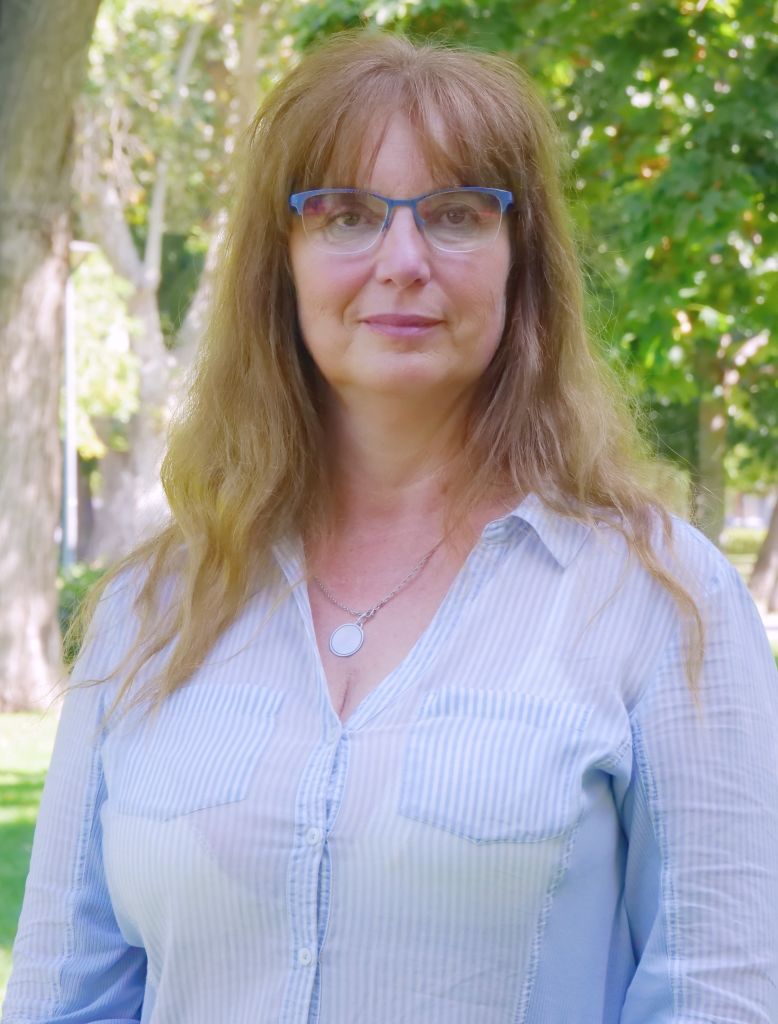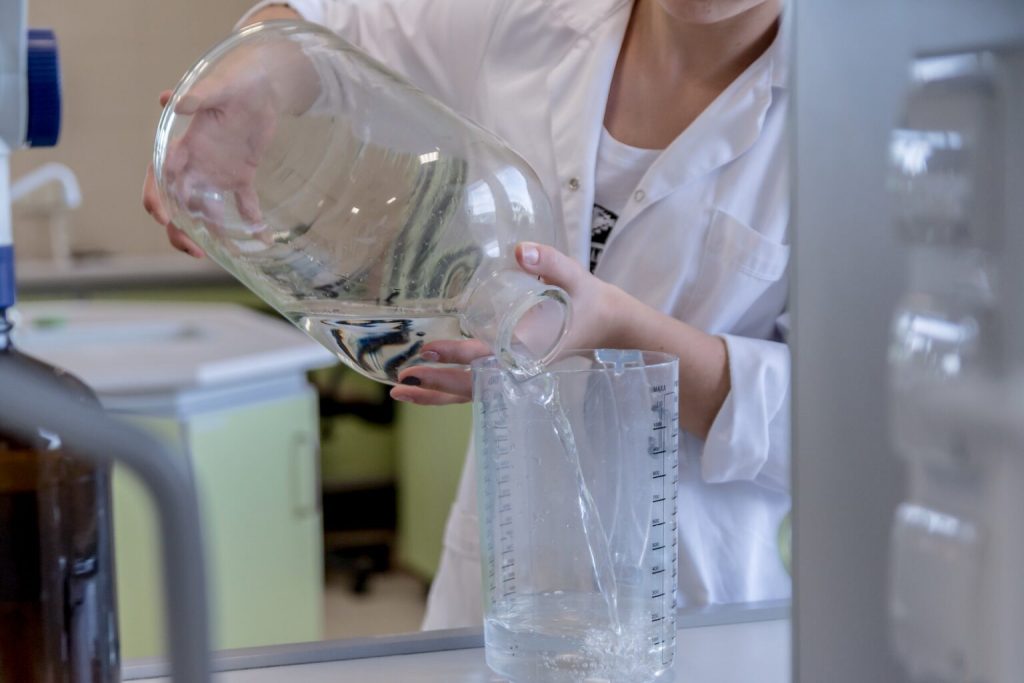The https://english.atlatszo.hu use cookies to track and profile customers such as action tags and pixel tracking on our website to assist our marketing. On our website we use technical, analytical, marketing and preference cookies. These are necessary for our site to work properly and to give us inforamation about how our site is used. See Cookies Policy
Official investigation launched into the pollution of water wells in Göd
The disaster management authorities have ordered an investigation following our story on water pollution in water wells in Göd. At the same time, the Samsung factory has also launched a “water quality monitoring” campaign in Göd, asking local residents to take samples from their wells.
Last week, we reported that an independent expert study has found the presence of substances in the water of the Göd wells that are also used in the Samsung factory. Now it turns out that the Metropolitan Directorate of Disaster Management considered our article on the water pollution as a public interest disclosure. “I would like to inform you that, pursuant to Act CLXV of 2013 on Complaints and Notifications of Public Interest, we have started investigating the article, and the deadline for the assessment is 30 days. I will inform you of the outcome of the investigation,” states the notification sent by the authority.

We has been asking the Budapest Disaster Management Directorate in vain for the release of water monitoring data from the Samsung factory in Göd since November. We have turned to the National Authority for Data Protection and Freedom of Information (NAIH) about the refusal to release the data, but they have still not been able to decide the case after three months.
Last week, the independent local Göd-ÉRT Association, which commissioned the water testing of water wells, complained to the authorities. In their complaint, they asked the authority to carry out an investigation, to provide regular information to the public, to publish the water test data of the Göd industrial area, and to take steps to prevent further pollution.
Toxic solvent used for battery production found in water from wells in Göd
An independent expert study has found the presence of substances in the water of the Göd wells that are also used in the Samsung factory. At the same time, the water authority will not release the test documents of the monitoring wells in the Göd industrial area, claiming that they are “pre-decision” data that can be kept confidential for ten years.
Samsung factory will also carry out inspections
Although we did not claim in our article that the solvent was discharged from the Samsung factory in Göd, on the day of the publication of the story, Korean workers visited the sites of the investigations in Göd to request water samples from residents’ wells.
The following day, an appeal was published on Facebook by Zoltán Fülöp (LMP), the representative of the municipality of Göd, who is responsible for maintaining contact with Samsung on behalf of the municipality.
According to the appeal, “Samsung SDI Hungary intends to make a significant effort to assess the extent of the pollution”,
therefore asks residents to offer their wells for water sampling. The factory “will choose from the recommended sampling sites to assess the impacts. Professionally taken samples will be evaluated by laboratory tests,”states the notice, which gives local residents half a day to apply.
Sixty residents have offered their wells for water sampling, according to a Facebook-post of Zoltán Fülöp on 5 May. Asked by residents what criteria Samsung used to select the applicants and which accredited laboratory it would use to carry out the tests, the representative did not reply.
Samsung SDI also did not publish information about its water testing campaign or previous monitoring data, nor did it respond to our press inquiries.
Translated by Zita Szopkó. The original, Hungarian version of this story was written by Zsuzsa Bodnár and can be found here.
Hungary. What do you know about Hungary? from atlatszo.hu on Vimeo.

